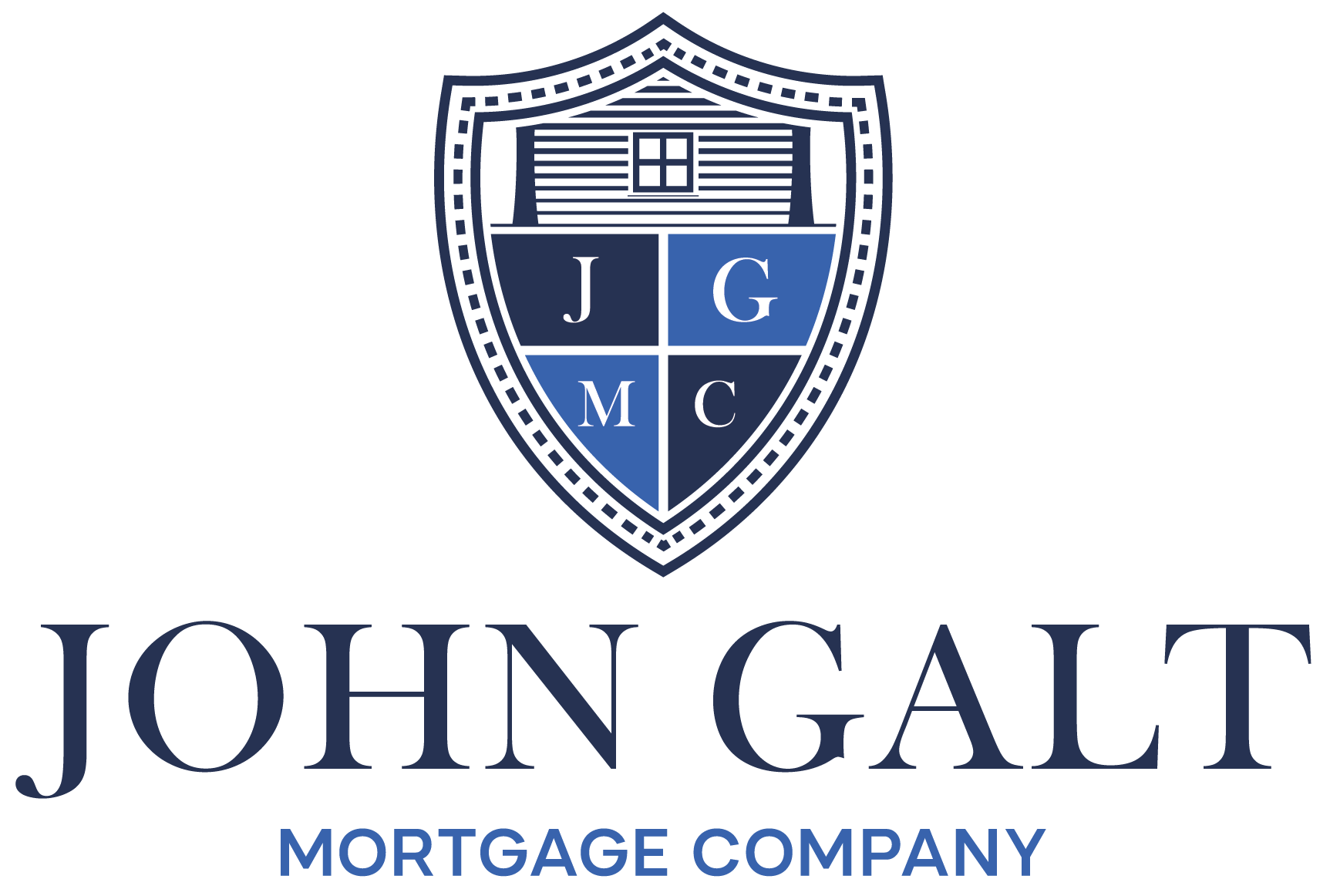
According to Fortune magazine, baby boomers now account for 42% of all homeowners, while millennials account for just 29%.
Now, we know people like to ruffle millennial feathers, but rest assured, that’s not what we’re trying to do when we say: this is not good.
Statistically speaking, most millennials are currently at peak homebuying age (30-35 years) — but they simply can’t afford to purchase property.
For obvious reasons, this makes us sad. But the plot is thicker than our desire to see people pursue homeownership.
If an entire generation misses out on building home equity, there will be long-term ramifications, both on individual wealth and on the broader economy.
For instance, because home equity is the primary way that middle-class Americans build wealth, if millennials don’t buy homes, they’ll miss out on decades of price appreciation, mortgage paydown, and tax advantages.
Not the news we want to hear.
This also raises concerns around retirement security. Without home equity, millennials will face rising rental costs and limited assets to sell, borrow against, or pass on.
In turn, there will be a greater reliance on Social Security and government programs — which becomes everyone’s problem in the long term. Our current system can’t handle that kind of pressure.
But let’s dive a little deeper into the rent issue. If millennials continue to rent into retirement, society will witness:
- Increasingly high rental costs
- Fewer young people saving for down payments
- Elderly housing instability
And that’s just the tip of the iceberg.
Homeownership is also tied to certain amenities, including school districts, community connections, and even access to jobs. Without it, families are more likely to face unstable housing, which has a huge impact on children.
And of course, there’s the overall impact on the housing market, where demand for starter homes is doomed to weaken if millennials don’t start buying. This will affect home prices, as well as the ability of the elderly to sell and downsize.
So, again, in short: The fact that millennials can’t afford to buy houses is not a good thing.
But what can we do about it?
Well, the single biggest obstacle to affordable housing is government overreach in zoning laws. We’re totally in favor of saying goodbye to that.
Cities would need to abolish single-family zoning and let the free market decide what kind of housing is built. Then, they’d need to cut some red tape around permits and bureaucracy to make building faster and more affordable.
This way, prices would naturally fall through increased supply. (Yay!)
Another thing to keep in mind is that millennials aren’t lazy. They’re not trying to stay out of the housing market. Rather, they’re boxed out by inflation.
And who caused inflation?
That’s right. The government.
In trying to “fix” the housing market, the Fed regularly makes it worse for millennials (and everyone else).
The government doesn’t need to intervene in this crisis. It needs to get out of the way and let the free market work.
Now, what the government can do is free up lending and capital innovation. Let private lenders experiment with alternative underwriting models, nixing outdated federal lending rules. Allow entrepreneurs and tech platforms to solve financing gaps. Stop blocking new and improved systems.
And of course, we need to start empowering individuals by teaching financial literacy. People should know how to boost their credit and invest in real estate creatively. After all, these are core components of liberty.
The reality is that millennials should be able to afford houses… but the Fed screwed them over.
It’s time to fix inflation — really fix it — by allowing the free market to sort itself out.
If we can let it do that, millennials won’t just buy houses. They’ll buy cars and take vacations and live their lives.
And that would be a very good thing.



